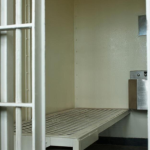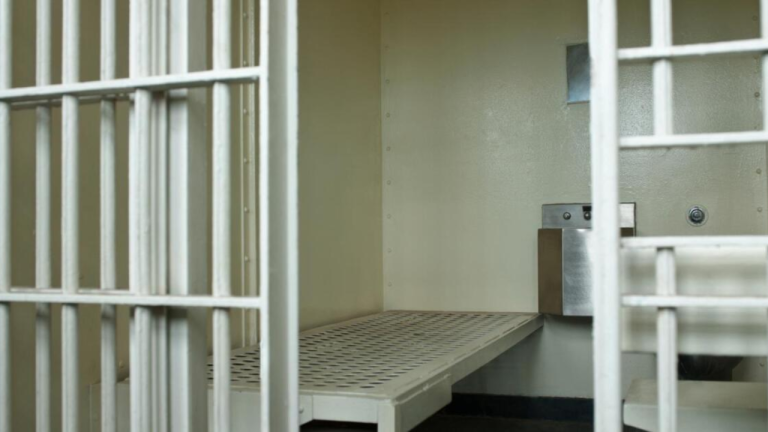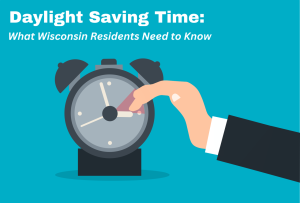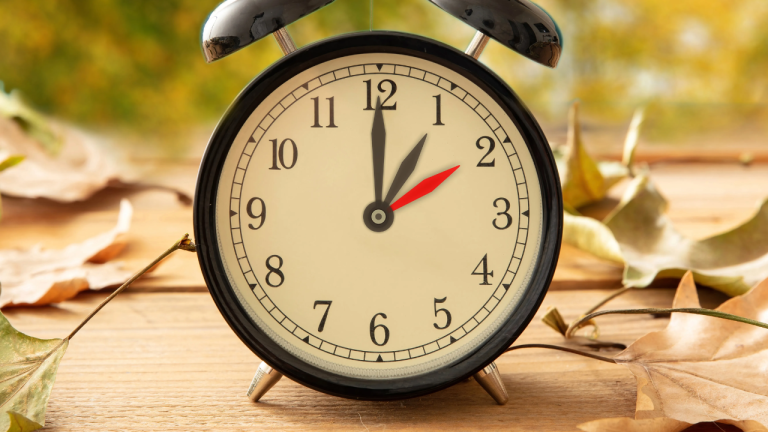Daylight Saving Time (DST) is an important topic to understand, especially when it comes to managing schedules, planning events, or even just knowing when to adjust your clocks. For people living in Hazleton, Pennsylvania, knowing when the time change will occur in 2025 is essential to make sure you’re on the right track. This article will provide a detailed explanation of what DST is, why it matters, and when the clocks will change in Hazleton in 2025.
What Is Daylight Saving Time?
Daylight Saving Time is the practice of moving the clocks forward by one hour during the warmer months (spring and summer) and moving them back by one hour in the fall. The idea is to make better use of daylight by shifting it from the morning to the evening. This helps people take advantage of longer daylight hours, especially in the spring and summer, by having more daylight in the evening.
Why Do We Have Daylight Saving Time?
The main reason Daylight Saving Time is observed is to conserve energy. With longer daylight hours in the evening, people can use less artificial light. This leads to saving energy and reducing electricity consumption, as people are less likely to turn on lights in the early evening.
In addition to energy savings, Daylight Saving Time has other benefits, such as:
- More daylight hours for outdoor activities: Longer evenings allow people to spend more time outdoors, whether it’s for exercise, shopping, or other recreational activities.
- Economic benefits: Extended daylight hours can encourage shopping, tourism, and other industries that thrive when people are out enjoying the extra daylight.
- Improved quality of life: With more daylight in the evening, people often feel more energized and can engage in leisure activities after work or school.
However, not everyone agrees on the benefits of DST. Some argue that the time change can disrupt sleep patterns and cause health problems, especially in the days following the shift.
When Does Daylight Saving Time Start in Hazleton in 2025?
In 2025, Daylight Saving Time will begin on Sunday, March 9, 2025. On this day, at 2:00 AM local time, clocks will be moved forward by one hour. This means that at 2:00 AM, the time will jump forward to 3:00 AM. People will lose one hour of sleep, but they will gain an extra hour of daylight in the evening.
It’s important to remember that this change will take place across the United States, including Hazleton, as DST is observed nationwide. This time shift means that people in Hazleton will experience longer days, and the sun will set later in the evening.
When Does Daylight Saving Time End in Hazleton in 2025?
The end of Daylight Saving Time in 2025 will occur on Sunday, November 2, 2025. On this day, at 2:00 AM, clocks will be moved back one hour. The time will change from 2:00 AM back to 1:00 AM, allowing people to “gain” one hour of sleep. After this shift, Hazleton will return to standard time for the colder months.
This shift will result in shorter days, with the sun setting earlier in the evening. While some may appreciate the extra hour of sleep, others may find the early darkness less pleasant.
How Daylight Saving Time Affects Daily Life in Hazleton
While the purpose of Daylight Saving Time is to save energy and make better use of daylight, it can still have a significant impact on daily life. In Hazleton, like other parts of the country, the time changes can affect people’s schedules, health, and general routines. Let’s explore some of the ways DST impacts daily life:
- Sleep Disruptions: The most common effect of DST is the disruption to sleep schedules. Losing one hour of sleep in the spring and gaining one hour in the fall can disturb people’s natural sleep cycles, leading to feelings of fatigue and irritability.
- Health Effects: Some people experience physical and mental effects due to the time change. In the spring, moving the clocks forward can lead to sleep deprivation, while in the fall, it may take time for people to adjust to the darker evenings. Research has shown that DST can affect heart health, increase the risk of accidents, and even affect mood.
- Impact on Work and School: Both work and school schedules are affected by DST. Many people may need to adjust their wake-up times to accommodate the time shift. Teachers, students, and professionals may need a few days to adjust to the new routine.
- Travel and Coordination: If you have travel plans in the spring or fall, it’s important to be aware of DST. This is especially true if you’re traveling between time zones. Coordination with friends, family, or business colleagues may also be more difficult during the transition period.
How to Prepare for Daylight Saving Time in Hazleton
To make the transition smoother, consider the following tips:
- Gradually adjust your sleep schedule: In the days leading up to the time change, try to go to bed and wake up 15 minutes earlier each day. This will help your body adjust to the time shift more easily.
- Stay hydrated and eat healthily: Taking care of your body by eating well and staying hydrated can help minimize the effects of sleep disruption.
- Be mindful of your mental health: If you feel more stressed or tired than usual, take some time to relax and give yourself a break. Remember that it can take a few days for your body to adjust to the time change.
Why Some People Want to End Daylight Saving Time
While many people appreciate the extended daylight hours, there are those who want to see the end of Daylight Saving Time altogether. Critics argue that the disruption to sleep patterns and the negative health effects are not worth the benefits. Some studies have shown that the energy savings from DST are minimal, and others claim that the overall economic benefits are overstated.
In fact, some states in the U.S. have already considered or passed laws to abolish Daylight Saving Time altogether. While this hasn’t yet happened in Hazleton or Pennsylvania, the debate continues.
Conclusion
Understanding when Daylight Saving Time starts and ends is important for everyone in Hazleton, especially as the time change can affect daily routines, health, and overall well-being. In 2025, be prepared to set your clocks forward on Sunday, March 9, and set them back again on Sunday, November 2. By staying aware of the schedule and taking steps to adjust, you can make the transition as smooth as possible.
Disclaimer – Our editorial team has thoroughly fact-checked this article to ensure its accuracy and eliminate any potential misinformation. We are dedicated to upholding the highest standards of integrity in our content.

























+ There are no comments
Add yours